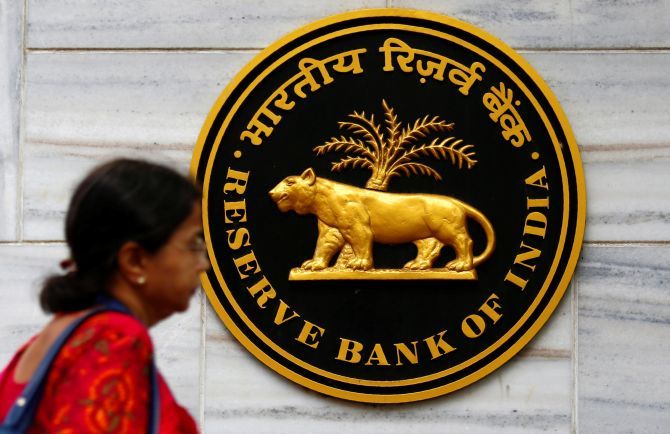The Supreme Court had observed that issues of national economic interest; disclosure of information regarding currency or exchange rates/interest rates/ taxes; regulation or supervision of banking, insurance and other financial institutions; proposals for expenditure or borrowing, and foreign investments, could all, in some cases, harm the national economy, especially if released prematurely.

The Reserve Bank of India (RBI) is working on its disclosure policy under the Right to Information Act (RTI), and will release an updated version in a few weeks, possibly after the election results.
The central bank had, on April 30, updated its disclosure policy on its website to reflect the omission of certain clauses.
These had been deemed objectionable by the Supreme Court in its April 24 ruling, through which it gave the RBI a ‘last opportunity’ to make public its confidential reports on banks, shared earlier only with the management.
A comparison with the cached webpage of the RBI’s disclosure policy shows that the central bank had essentially deleted section 8(1) (a) and section 8(1) (d) - which talk about affecting the sovereignty and integrity of India, and impacting third party interests - from its purview.
Except for these two sections and the mention of a ‘disinvestment’ proposal, the two disclosure policies were near-identical.
“This is just removing a few sensitive clauses that the Supreme Court had found objectionable.
"This is in no way a finished product. We will come up with the updated policy in a manner that won’t contravene the Supreme Court order and also ensure that the RBI is not on the wrong side of law,” said a senior official of the central bank.
However, it is unlikely that it will come up with the policy before the election results are declared, given its sensitive nature.
Section 8(1)(a) of the RTI Act 2005 regards “information, disclosure of which would prejudicially affect the sovereignty and integrity of India, the security, strategic, scientific or economic interests of the State, relation with foreign State or lead to incitement of an offence”.
Section 8(1)(d) regards “information including commercial confidence, trade secrets or intellectual property, the disclosure of which would harm the competitive position of a third party, unless the competent authority is satisfied that larger public interest warrants the disclosure of such information”.
The Supreme Court had observed that issues of national economic interest; disclosure of information regarding currency or exchange rates/interest rates/ taxes; regulation or supervision of banking, insurance and other financial institutions; proposals for expenditure or borrowing, and foreign investments, could all, in some cases, harm the national economy, especially if released prematurely.
“However, lower-level economic and financial information such as contracts and departmental budgets should not be withheld under this exemption, according to this Court in the judgment dated 16.12.2015,” said the Supreme Court ruling.
The RBI had wished to withhold information under Section 8(1) of the RTI Act, regarding “inspection/supervisory/scrutiny reports of banks/Financial Institutions (FIs). Any information derived from these reports or contained in such reports, and supervisory action taken thereon.”
The RBI’s rationale for not disclosing the sensitive scrutiny report was that these constituted advisory to the bank management for them to work on their weakness.
Divulging the information to public might lead to a run on banks even when the issue is temporary in nature.
Besides, by making the information public, the RBI would be divulging a lot of information about the clients with whom the banks are bound by client confidentiality agreements.
However, the Supreme Court - first in its 2015 ruling, and then in the 2019 ruling - had found that the regulator had no such relationship with banks.
The RBI was yet to put in public domain any of the scrutiny reports of banks, but is now bound to do so after the Supreme Court ruling.
Photograph: Shailesh Andrade/Reuters












 © 2025
© 2025